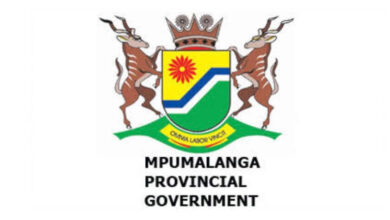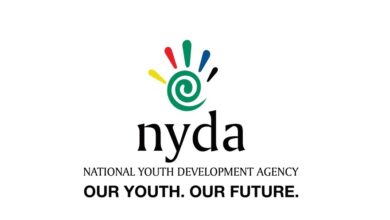MARIKANA MASSACRE: ON WHOSE SIDE IS THE GOVERNMENT?

It is paining that eighteen years into democracy, violence and death still remain at the forefront to claiming the right to a better life and livelihood. It is paining that men today feel the need to pick up arms in order to strike for their rightful and reasonable demands, fearful that they would not be protected by government during demonstrations. Not too long ago the fight in South Africa was against apartheid. The fight today is no longer for political freedom but economic freedom which in Marxist terms is a fight between the mass proletariat and the capitalist class.
The Lonmin mine workers work under the harshest conditions underground and in the most uncomfortable physical position to be able to extract minerals. All of which to accumulate wealth for their superiors, while only being paid a degrading amount of four thousand rand monthly. These workers are human beings and have families of whom some are the sole breadwinners. They too would like to provide better and more comfortable homes and not always have to think carefully about spending every cent in worry of tomorrow. Thus when taking into consideration their working conditions and the amount of capital their labour accumulates in comparison to what they are paid, then what they are demanding is more than reasonable and it is very sad and unfortunate that they had to die in their request for improved living circumstances.
Thirty four miners died at the hands of police, the legal force of government. So if this force is legal, it would then also mean that it is just. How does the government then define justice in the case of the Lonmin mine workers and how does it defend the act of the mass killings? By claiming that police acted in self-defense or that the miners shot first? The point is that the government should have intervened in the beginning, before the situation deteriorated. This incident simply elucidates which side the government is on and that South Africa in fact is a capitalist state.
The few black elite who benefitted from the transition to democracy live comfortably with their status in government and as shareholders in the Lonmin mine. They only look out for their own best interests, failing to recall that they were once in a similar position. These elite bureaucrats are the driving force behind government decisions; their interests are not in the loss of lives but in the loss of profits and foreign investors.
The Marikana massacre serves as an eye opener revealing that whenever people vote to put a government in place, what they are actually doing is hiring them to turn and use a gun on them. South Africa is a democratic country where the people are supposed to rule, where the government is either the people or elected to act on behalf of and in the best interests of the people. The government should protect the rights and liberty of the people and should therefore have defended the lives of the miners. South Africa epitomizes that a truly democratic country cannot be achieved with a government that has only undergone a change of face, while retaining old values. There has to be a severing of the economic power of the capitalist class, there has to be economic freedom to reach a true democratic society.
The Lonmin mine workers and citizens have realized this, they have realized that they are on their own and have organized on the basis of their exploitation. They want freedom from economic oppression and the right to earn a decent living of which they deserve. These people are the real forces of change and should be commended for removing the veils from the eyes of many.




